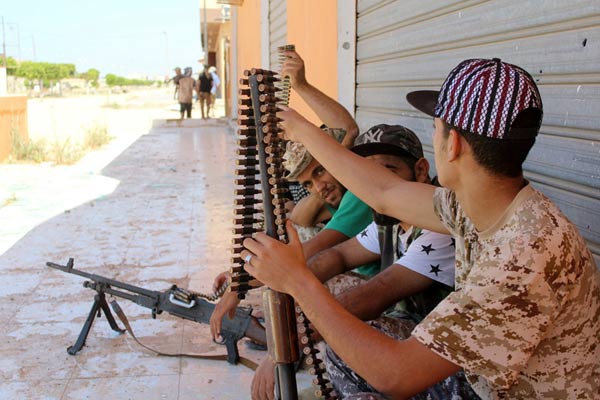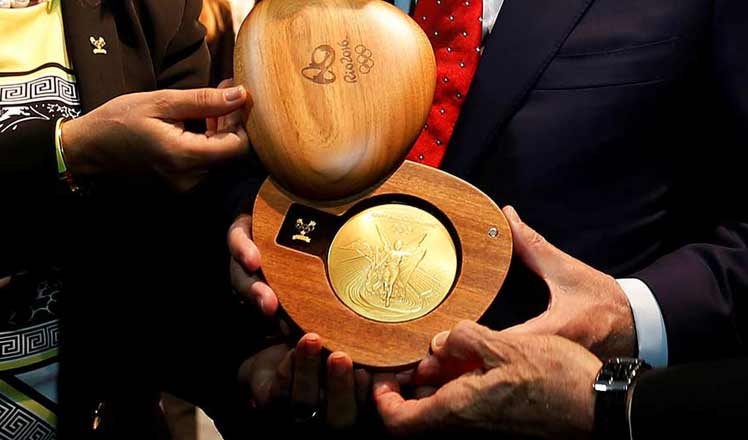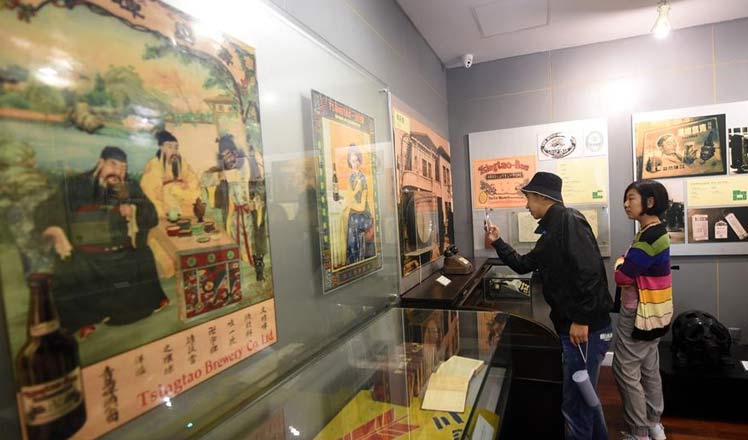UN Security Council adopts resolution on Libya arms embargo
Updated: 2016-06-16 09:28
(Xinhua)
|
||||||||
 |
|
Fighters from forces aligned with Libya's new unity government prepare their weapons in a clearing operation of Zaafran area in Sirte, June 11, 2016. [Photo/Agencies] |
UNITED NATIONS - The UN Security Council on Tuesday unanimously adopted a resolution to ensure strict implementation of arms embargo on Libya.
The resolution has authorized member states for a period of one year to inspect, on the high seas off the coast of Libya, vessels coming from or to the country, if they have reasonable grounds to believe the vessels are carrying arms or related materials.
"In order to ensure strict implementation of arms embargo on Libya," the 15-nation council authorizes member states to act nationally or through regional organizations to use all measures to carry out such inspections, said the resolution.
The UK-drafted resolution was adopted after the European Union asked the UN Security Council to authorize EU's naval forces in the Mediterranean to enforce the UN arms embargo on Libya.
On June 6, Federica Mogherini, high representative of the EU for foreign affairs and security policy, asked the council to adopt a resolution on authorizing the EU mission Operation Sophia to enforce the arms embargo on the high seas off the coast of Libya.
In 2015, the EU launched the naval operation to reduce migrant and refugee smuggling across the Mediterranean. Last year in October, the UN Security Council adopted a resolution to authorize member states, including the European Union, to take actions on vessels that are used for people smuggling from Libya.
Chinese Ambassador Liu Jieyi said after the vote that China supports the international community in taking effective measures to implement arms embargo and Libya, in particular severing channels and networks used by terrorist organizations to smuggle and acquire weapons.
Liu said the inspections of related vessels must have the consent of the vessel's flag state, and the measures taken by countries in implementing the resolution should not prejudice the exclusive jurisdiction of the flag state.
Libya, a major oil producer in North Africa, has been witnessing a frayed political process after former leader Muammar Gaddafi was toppled during the 2011 political turmoil, as two rival parliaments and several groups have been fighting for control of national resource wealth.
The UN Security Council imposed sanctions measures including arms embargo on Libya in 2011 to prevent sale or supply of arms and related material of all types to the country.
- 48-hour 'silence regime' starts in Syria's Aleppo
- UN Security Council adopts resolution on Libya arms embargo
- US extradites top drug lord 'El Guero Palma' to Mexico
- Houston firm joins China clean energy project
- Heaven over hospital: 5-year-old Julianna Snow dies on her terms
- Orlando massacre sparks gun-control bill

 Rio Olympics unveils medals
Rio Olympics unveils medals
 New photos capture life in China
New photos capture life in China
 Fair ladies at Royal Ascot
Fair ladies at Royal Ascot
 Never too old to learn; Nepal's 68-year-old student
Never too old to learn; Nepal's 68-year-old student
 Tourists visit beer museum in E China's Qingdao
Tourists visit beer museum in E China's Qingdao
 Turning straw to gold: folk artist's straw pyrography
Turning straw to gold: folk artist's straw pyrography
 People in shock after Florida nightclub shooting
People in shock after Florida nightclub shooting
 Shanghai Disneyland all set for official opening on Thursday
Shanghai Disneyland all set for official opening on Thursday
Most Viewed
Editor's Picks

|

|

|

|

|

|
Today's Top News
Abe's blame game reveals his policies failing to get results
Ending wildlife trafficking must be policy priority in Asia
Effects of supply-side reform take time to be seen
Chinese State Councilor Yang Jiechi to meet Kerry
Chinese stocks surge on back of MSCI rumors
Liang avoids jail in shooting death
China's finance minister addresses ratings downgrade
Duke alumni visit Chinese Embassy
US Weekly

|

|







